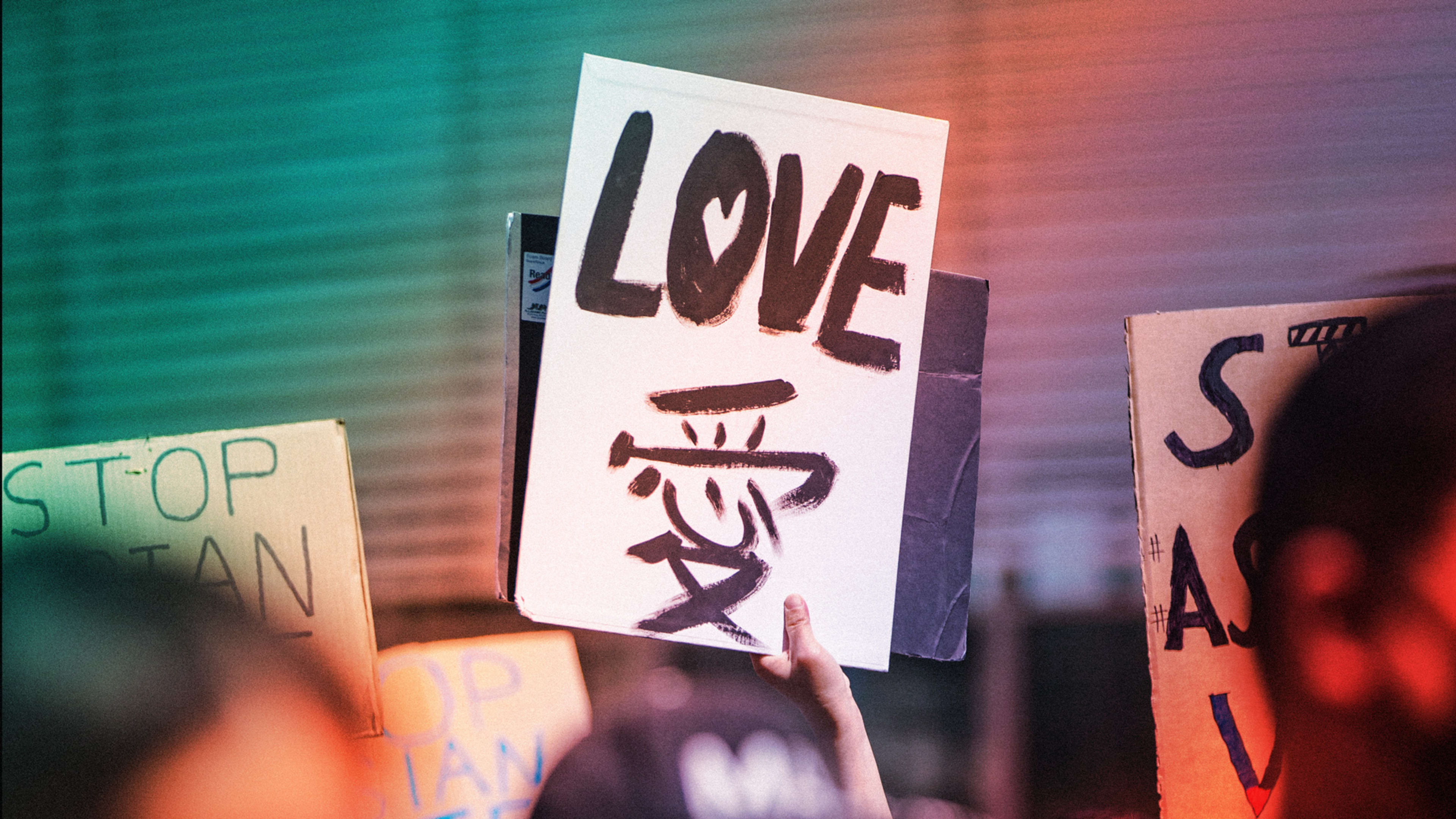May marks the beginning of Asian/Pacific American Heritage Month. May was chosen to commemorate when the first Japanese immigrants arrived in the U.S. in May 1843. The month is also the anniversary marking the finish of the transcontinental railroad, which was completed mainly by Chinese immigrants in May 1869.
To celebrate this month, Fast Company spoke with Emily Chang and Peter Pham, two Asian American business leaders, to share their experiences. Chang is CEO of China at McCann World Group; Pham is a founder of Science, an incubator for startups. During an interview for “The Work in Progress” video series, the pair discuss their struggles in both their work and personal lives, along with the unique tensions Asian Americans face throughout their lives and in light of recent hate crimes.
WATCH: Asian business leaders on how we can all combat AAPI hate
Chang, who works mainly in China but spent time developing her career in the U.S., says violence toward Asian people in recent weeks and since the beginning of the pandemic is frightening and stirs up emotions of disgust: “I’m offended. I think that’s the word that comes to mind. Everything offends my spirit, the things that we’re seeing.”
She also recounts times where she encountered racial stereotyping and hate from others, including recently when she was harassed on the street in Seattle while walking with her daughter. Chang used the moment to demonstrate there can be opportunities to set a good example and perhaps educate others by acting courageously and with generosity. “My first reaction is to protect my kid, is to put her on the other side of the street and just keep walking. But what is that teaching her? How are we being intentional in this moment to extract the maximum value for everybody involved?”
In the exchange, the harasser walked on but the opportunity for Chang to shape the moment for her daughter, who grew up predominantly in Asia, was worthwhile. “It could have ended a number of different ways, so sometimes you have to be a little brave and say, ‘I’m going to go see where this takes me.’ But I do feel like it left an impression with my kid. And maybe, hopefully, it left a little bit of an impression with [the harasser].”
Chang continues that part of creating a less hostile environment and instead fostering more understanding starts with “creating different narratives, different visuals.” In terms of the workplace, Chang sees an opportunity to opt for more understanding than blame and aggression: “I think there’s an opportunity [in workplaces] to gently correct. We can help people save face because . . . we’re going to be working with them.”
Sharing his perspective, Pham, who works closely in the technology (he was part of the team that first launched Photobucket in 2005) and fundraising spaces, shares that he grew up with the expectation that all Asians “have to be” doctors. This cultural assumption shaped his desire to see more diverse role models: “In careers, whether you’re . . . doctors or tech executives or investors, seeing people like you as a child and then growing up, it’s inspiring.”
Pham says to see role models, who share your experiences and look like you, is not just important but necessary to help other Asian Americans reach success. “You are the average of your friends. If your friends all look like you, and all your friends do one thing, that’s what you become. I think we’re all ingrained and used to that.” For Pham, the opportunity to bring diversity to the VC industry was a personal driver to achieve more, not scare him away from opportunity. “It’s motivating to show that we can do this too. And seeing others out there successful.”
And despite the fact that Pew research shows that Asian Americans are the fastest-growing racial or ethnic minority group in the U.S., there is still a shortage of Asian CEOs, says Pham. “It’s not an extensive list, so I’m always looking and rooting for seeing some of those successes.”
Recognize your brand’s excellence by applying to this year’s Brands That Matter Awards before the early-rate deadline, May 3.
